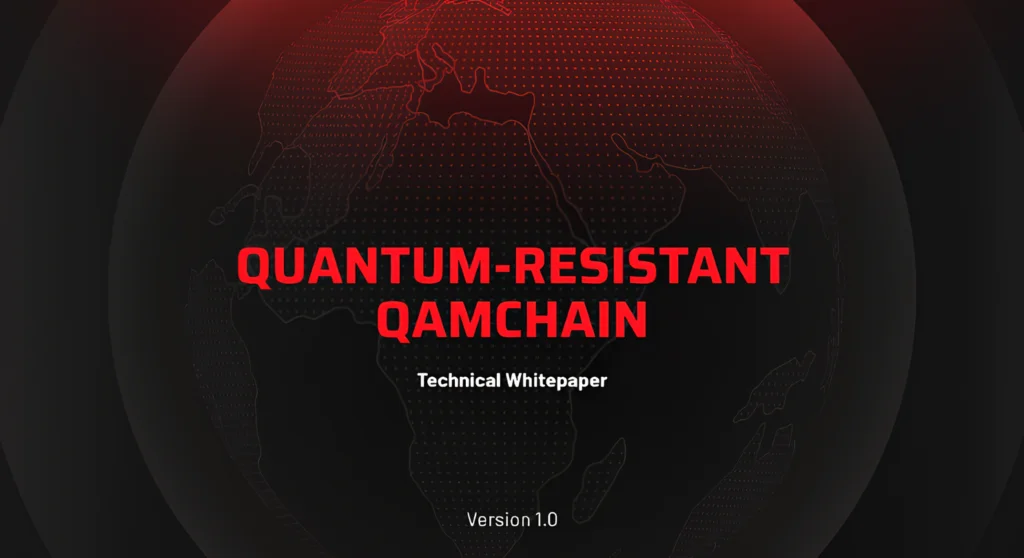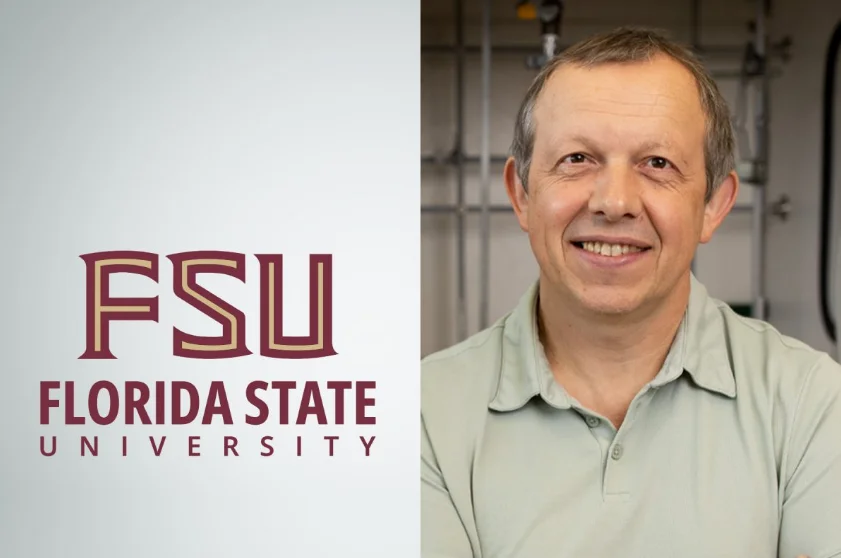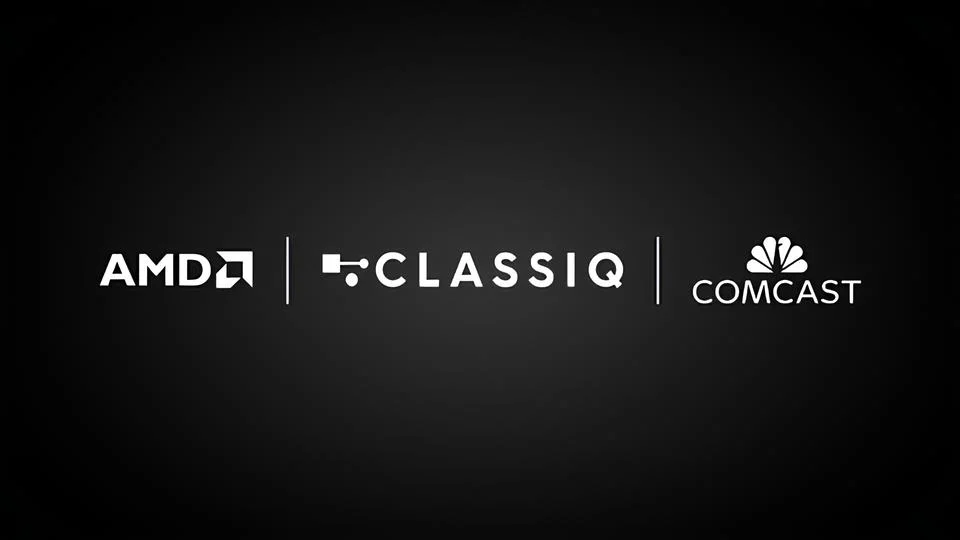Insider Brief
- Polish startup Quantumz.io has unveiled VeloxQ 1, an algorithm that outperforms leading quantum annealing processors in speed and accuracy while running on standard computers.
- VeloxQ 1 can process 200 million binary variables without the need for quantum hardware or embedding, making it immediately applicable across industries such as logistics, finance, energy, and AI.
- Benchmarking against D-Wave’s Advantage systems, Kipu Quantum, and hybrid solvers showed VeloxQ 1 consistently superior, and the company is now raising a seed round to commercialize the technology and develop its next-generation VeloxQ 2.
PRESS RELEASE — Despite receiving limited grant funding, a small team of physicists, mathematicians, and computer scientists from Poland’s most prestigious universities, after two years of focused research, has developed an algorithm that can serve as a foundation for a quantum co-processor. It’s currently better than the best current quantum annealing processor in both speed and accuracy. Remarkably, it is expected to maintain this advantage for years to come. Now, Quantumz.io is currently raising a seed round to commercialize the version of VeloxQ available for use in real life by companies in logistics, finance, and energy.
The algorithm, named VeloxQ 1, was created by the Polish startup Quantumz.io. Its capabilities are unprecedented: it can process 200 million binary variables, a scale previously considered beyond the reach of both classical and quantum systems (source: Cornell University). Most notably, VeloxQ 1 runs on standard computers (!), without the need for expensive and unstable quantum hardware. This breakthrough may reshape the future of computing and redefine what is possible in the realm of quantum-inspired algorithms.
In head-to-head benchmarking tests, VeloxQ 1 was evaluated against quantum hardware platforms, including D-Wave Advantage and Advantage2, as well as digital quantum algorithms such as Kipu Quantum. It was also tested against hybrid quantum-classical systems, like D-Wave’s Kerberos. In all scenarios, particularly those involving large-scale, real-world problem sets, VeloxQ 1 consistently outperformed its competitors in both accuracy and computational speed.

“Optimization problems lie at the core of nearly every modern system, from logistics and scheduling to AI training and portfolio management,” says Kamil Hendzel, CEO of Quantumz.io. “We believe that building a quantum co-processor is going to give us scale in real-world conditions.” Bartlomiej Gardas, CSO at Quantumz.io, adds: “VeloxQ 1 bridges that gap with a powerful and natively scalable solution. It delivers exceptional performance and precision, while running on standard GPUs, without the need for quantum hardware or problem embedding.”
Unlike quantum solvers, VeloxQ 1 requires no embedding — the often complex and limiting process of adapting problems to specific hardware architectures. It supports arbitrary graph topologies and connectivity structures, making it immediately applicable across a broad range of industries, including supply chain optimization, energy systems, finance, and machine learning.
Version for quantum computers coming soon
VeloxQ 1 was developed by a team of Polish physicists, mathematicians, and computer researchers in two years with limited funding. Quantumz.io received a $1 million investment in 2023 from a syndicate of investors from Poland and the US, as well as $6 million in grants. Now, Quantumz.io is currently raising a seed round to commercialize the version of VeloxQ available for use in real life by companies in logistics, finance, and energy.
The team is now also developing native quantum algorithms, with VeloxQ 2, the next-generation version, scheduled for release next year. This hybrid solver will introduce new capabilities, including integration with real quantum hardware. “We are at the seed stage, planning to become a leading quantum computer operating ecosystem aimed at optimization problems in the coming years,“ concludes Kamil Hendzel.














